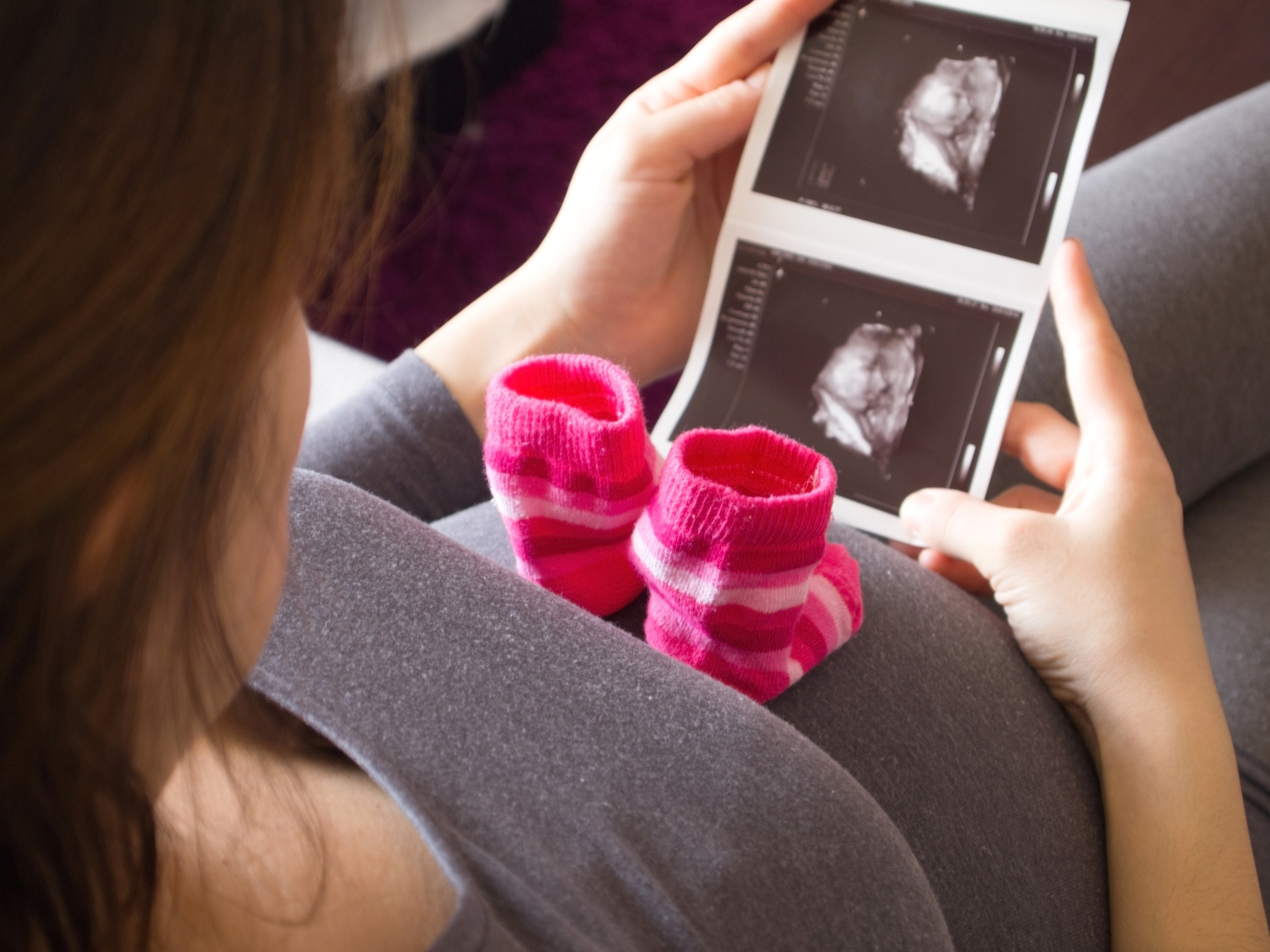Birth Defects Prevention Month
January is National Birth Defects Prevention Month
Birth defects are common, costly, and critical. Every 4½ minutes, a baby is born with a major birth defect in the United States. Become an active participant in National Birth Defects Prevention Month by joining the nationwide effort to raise awareness of birth defects, their causes, and their impact.
Infections during pregnancy can hurt both mothers and their babies. We encourage all women to make healthy choices and learn different strategies to prevent infections during pregnancy to help lower their risk of having a baby born with a birth defect. This year we are encouraging all women to prevent infections to protect their babies by observing the following guidelines:
- Properly prepare food.
- Wash your hands before and after preparing food.
- Do not eat raw or runny eggs or raw sprouts.
- Avoid unpasteurized (raw) milk and cheese, and other foods made from them.
- Talk to your healthcare provider.
- Talk to your healthcare provider about what you can do to prevent infections such as Zika virus.
- Make sure that you are up-to-date with vaccinations (shots) before getting pregnant.
- Talk to your healthcare provider about vaccinations that you should receive during pregnancy.
- Protect yourself from animals and insects known to carry diseases such as Zika virus.
- Stay away from wild or pet rodents, live poultry, lizards and turtles, and do not clean cat litter boxes while pregnant.
- When mosquitoes and ticks are active, wear long-sleeved shirts and long pants when outside.
- Use Environmental Protection Agency (EPA) registered insect repellents with one of the following active ingredients: DEET, picaridin, IR3535, or oil of lemon eucalyptus (para-menthane-3,8-diol).
- Maintain good hygiene.
- Wash your hands often with soap and water, especially
- Before preparing or eating foods,
- After handling raw meat, raw eggs, or unwashed vegetables,
- After being around or touching pets and other animals,
- After changing diapers or wiping runny noses.
- Do not put a young child’s food, utensils, drinking cups, or pacifiers in your mouth.
- Wash your hands often with soap and water, especially
Women and their loved ones can participate in these strategies and take these important steps toward a healthy pregnancy. Share your own tips for a healthy pregnancy using #Prevent2Protect on social media. Learn more at www.nbdpn.org.

